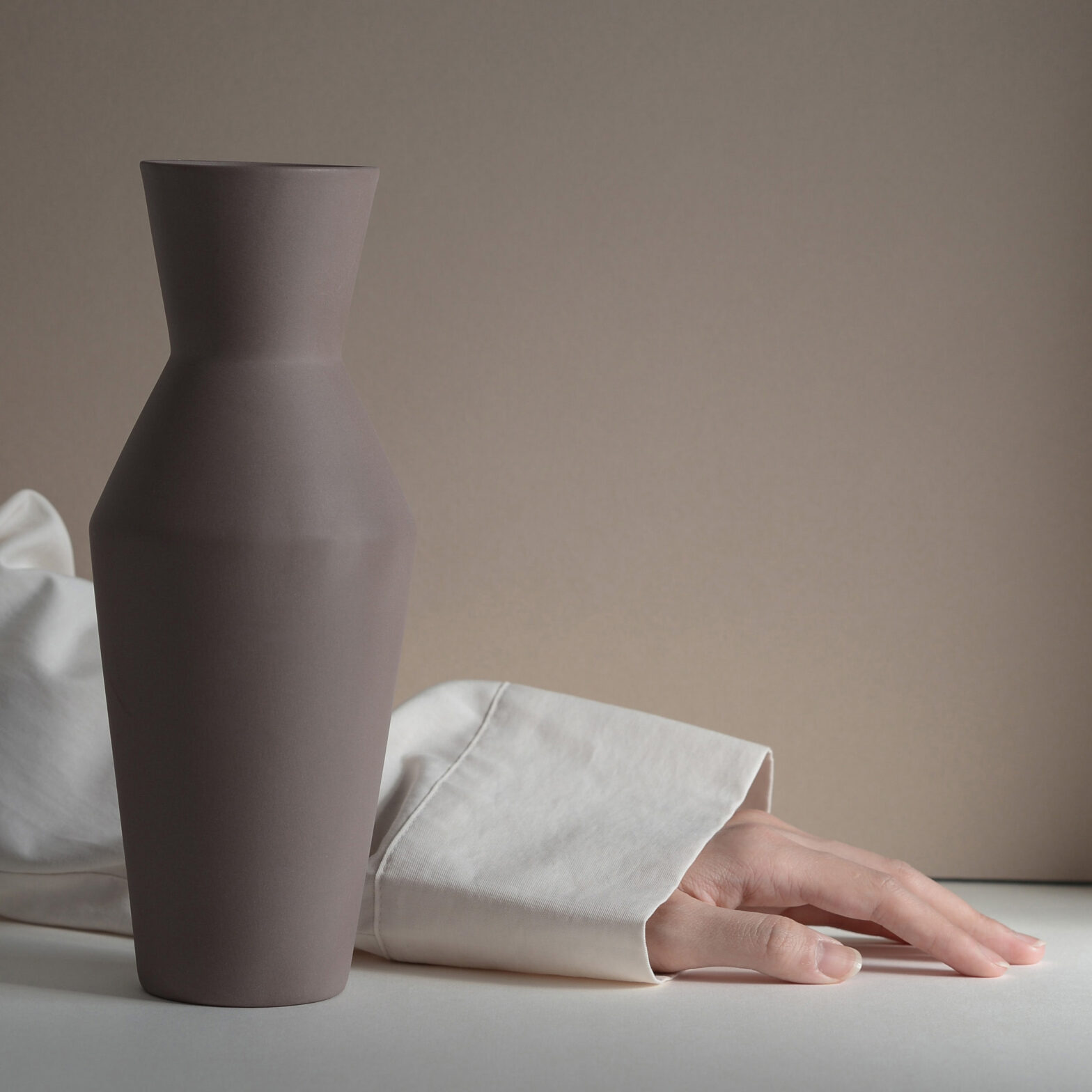Are you experiencing relationship problems? Parents/guardians can positively and negatively influence our social, physical, and emotional health with their behaviour. Read on to learn how our early relationships can affect adult relationships.
What is a caregiver?
A caregiver is a person responsible for taking care of you as a child. They can support your physical, social, and emotional needs.
While a parent/guardian is usually the primary caregiver, there are often multiple key caregivers in a child’s life. Throughout this page, we will use the term caregiver to mean your primary caregiver e.g. parents/guardians.
Key caregivers can include:
- Parents/guardians
- Grandparents and other family members
- Early care educators (ECEs)
- Teachers
- Nannies/ babysitters
- Family friends
- Coaches
To promote healthy development, caregivers must have suitable expectations for your behaviour as a child and, ideally, understand the basics of child development.
By engaging in supportive behaviours, such as showing you that your needs will be met, your caregiver will establish a bond between you and them. Your caregiver should have aimed to spend quality time with you as a child without distractions.
This helps you form healthy attachments with the caregiver and other people. Your attachment style will also influence your relationships as an adult.
What is attachment?
An attachment, also known as a bond, refers to how you connect with other people.
Factors that affect attachment include:
- Losing a caregiver
- Multiple homes/ care placements
- Parental substance misuse
- Parental mental health difficulties
- Separation between parent and child after birth
- Additional stress on parent/caregiver, e.g. low income
- If the parent or child has experienced abuse or trauma
However, if your caregiver has shown they are dependable and consistent, it creates a strong base for you to grow from as a child.
How early relationships with parents/guardians affect adult relationships
Attachment styles are commonly split into four groups: secure, anxious-preoccupied, dismissive-avoidant, and disorganised/disoriented or fearful-avoidant. Here we’ll discuss the different attachment styles and how they can affect your adult relationships.
Secure attachment
If your environment growing up was warm and nurturing, you are likely to form a secure bond with your parent/caregiver. This allows you to form secure attachments as an adult.
People who have a secure attachment style will be able to set boundaries and may feel stable, safe and satisfied in their adult relationships.
If you have a secure attachment, you will be able to share your feelings and needs with your partner. You can lean on them for support and advice when problems arise.
Any attachment style that isn’t secure, we refer to as an insecure attachment style.
Anxious-preoccupied attachment
When your needs are met inconsistently as a child, you may form an anxious attachment style.
Those with an anxious-preoccupied attachment style are more likely to worry about rejection from their partner or loved ones. You may find that you try hard to avoid criticism or disapproval due to low self-esteem.
You might find it hard to trust your partner even though they haven’t done anything to suggest they are untrustworthy. You’ll want to feel close to them and may worry about coming across as clingy as a result.
Dismissive-avoidant attachment
If your parent/caregiver was often unavailable during your childhood or rejected you, you may form a dismissive-avoidant attachment style. As a child, you might have needed to self-soothe or become emotionally distant to cope.
As an adult, you will struggle to open up to people and may avoid close relationships. You might feel that you don’t want or need to rely on others. Additionally, you may find it difficult to support your partner.
People with a dismissive-avoidant attachment style are more likely to prefer temporary, casual relationships as they can be more emotionally distant.
Disorganised/disoriented or fearful-avoidant attachment
If your parent/caregiver was abusive and didn’t meet your physical needs, you may develop a fearful-avoidant attachment style. You may have found your parent/caregiver supportive at times, but scary or even terrifying at others.
People with fearful-avoidant attachment might have experienced neglect or trauma in their childhood.
As an adult, you might feel that you don’t deserve love. Even if you strongly desire a close relationship, your fear of being hurt again may be more powerful.
You might find the rest of the world as scary as your relationship. This could mean you turn to unhealthy habits, such as abusing drugs or alcohol. Or, you might become aggressive towards your partner or others.
Getting help for insecure attachments
You might not know your attachment style. Though, if any of the insecure attachment styles sound familiar, you might want to speak to a therapist. Attachment styles can change over time, especially if you are putting effort in and seeking professional help.
Counselling or psychotherapy can be useful tools to process your past emotional experiences and become more secure.
Watch our video to learn how counselling could help you.
VIDEO GOES HERE
At the Vyas-Lee Practice, we also offer private attachment-focused EMDR therapy for adults with attachment difficulties.
EMDR (eye movement desensitisation and reprocessing) therapy consists of occupying your conscious mind with bilateral stimulation while revisiting traumatic memories. Bilateral stimulation is a stimulus such as a sound or movement that crosses the body in a rhythmic left to right pattern.
Book an appointment
If you’re experiencing relationship difficulties due to an insecure attachment style, we can help.
We’ll discuss the problems you are experiencing and can talk through your attachment style and how it might be affecting your relationships.
To learn more about how your early relationships with parents/guardians can affect your adult relationships, get in touch.


